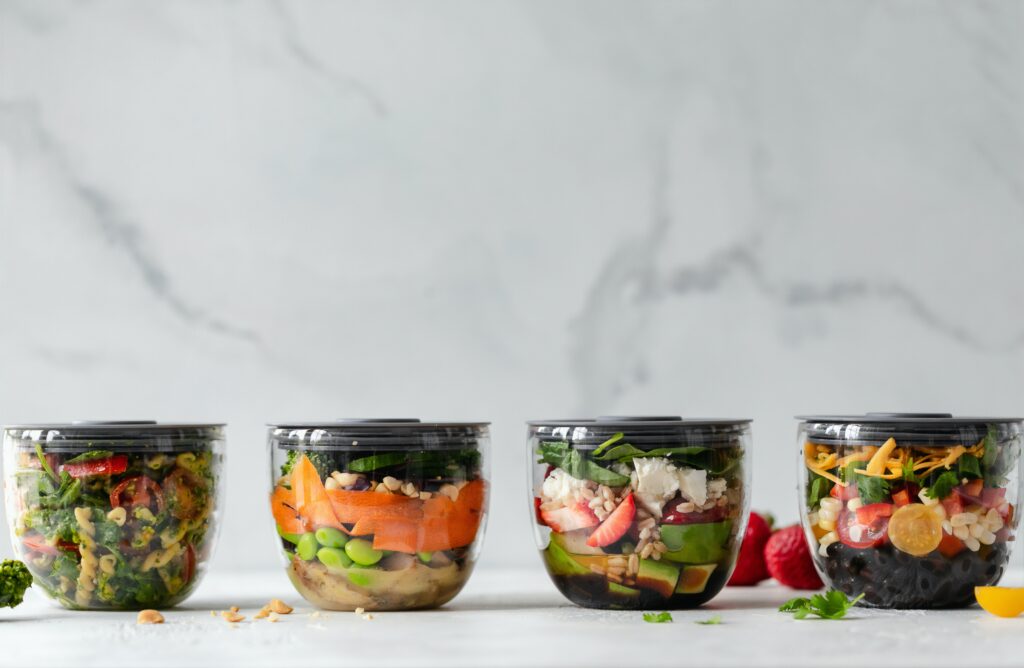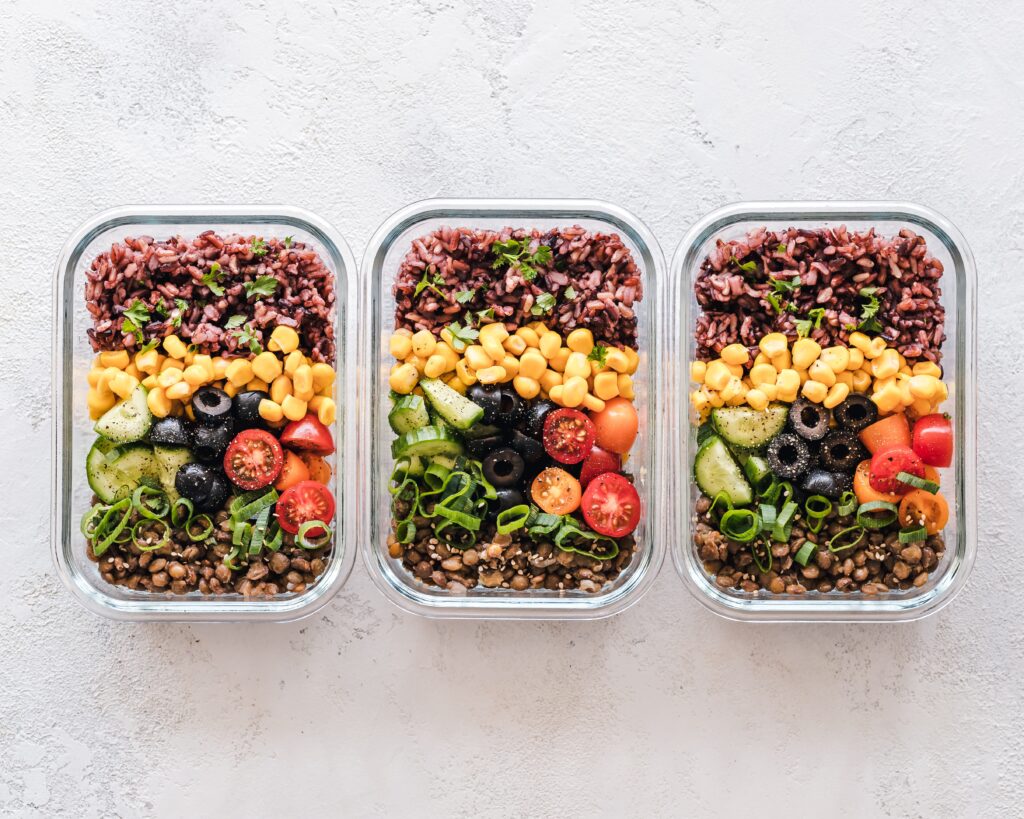How to Craft a Weekly Meal Plan on a Student Budget
Getting enough nutrition and eating healthily is one of the biggest challenges in a student’s life. It’s bad enough that you have to deal with constant stress, deadlines, your social life, and even work in some cases. Your budget can be pretty tight, so it adds even more challenges. So how are you supposed to get enough nutrition and think about money with all this workload?
Of course, one of the most obvious solutions is to prioritize your tasks. You can spend one day during the weekend preparing your food for the week! Also, try looking for services that specialize in writing essays for money on the internet. This way, you will have even more free time, and your grades won’t suffer as a result. Crafting a weekly meal plan can be quite hard!
You will quickly see that having a weekly meal plan not only keeps you organized but also helps you eat well without breaking the bank. This guide is designed specifically for those students who need some assistance with creating a meal plan that’s budget-friendly, not time-consuming, and packed with useful nutrients.

Study your budget
Okay, so most students don’t have lots of money to spare on fancy food or takeouts. On the other hand, there is a difference between not having lots of money in general and taking a realistic look at your finances. You would be surprised how much money you can spend on unnecessary stuff without even realizing it! Review your income, including:
- part-time or full-time work;
- allowances;
- scholarships;
- other sources of income.
As soon as you know exactly how much money you have, you can calculate how much of your budget can go to food and groceries. It’s very important to find that balance between affordability and nutritional value. And who knows, maybe you will even have some money to spare for a fancy takeout!
Build a foundation for your meals
Every meal plan has staples, which are some common ingredients for your many dishes during the week. Here are some of the examples of your budget-friendly staples:
- rice;
- pasta;
- beans;
- lentils;
- oats.
These items are not only cost-effective but can be used in many recipes without much preparation. You just need to have a little bit of creativity and inspiration to move these ingredients around during the week.
Plan around sales and discounts
There is no shame in looking for some discounts or sales in stores. This can reduce your overall grocery expenses and save you a lot of money! When you pay for research paper, you will definitely get a discount, so what’s the difference? For example, if chicken is on sale, you can use it for several meals during the week.
Students can also stock up on some non-perishables while they are on sale. Pasta, rice, or other pantry staples can be an excellent purchase, and they will save you a lot of money in the future. Just remember to store them in a cool, dry place, and transfer them into a plastic container if you can. You don’t want to have a bug infestation on your hands!
Don’t forget about seasonal and local products
It might be unwise to buy fresh produce during winter months, especially when it’s not local. Buying non-seasonal fruits and veggies once is fine, but try to stay away from such purchases if you want to save some money. Instead, look for seasonal produce at the local farmers’ markets. You won’t be overpaying like in stores, and it’s definitely fresher and healthier!

Be mindful of your meal prepping
It’s a great idea to think about your needs beforehand and plan accordingly. This step not only saves time during the week but also helps reduce food waste. Cook in bulk and portion out meals for the upcoming days. Store them in reusable containers to make it easy to grab a meal when you’re on the go. This way, you will have less temptation to dine out and save money!
Also, you can be mindful of the environment as well. Reusable containers are far more environmentally friendly compared to cheap plastic ones that you throw out after every meal. And you don’t have to buy fancy tupperware. Cheap deli containers will do, even if they stain.
You also save electricity and water when you are not cooking every day. Sure, it might be uncomfortable to carry your containers with you at first, but the result is definitely worth it.
Explore generic brands
Just like with discounts, store brands are there for a reason. These are often more budget-friendly than name-brand products. But the quality is often the same! You need to read labels carefully and make an informed decision about your ingredients and nutritional value. After all, generic cereal is just as good as a name-brand product, but it’s definitely cheaper!
Takeaway
Preparing a weekly meal plan on a student budget might sound pretty challenging. In reality, it’s all about knowing your needs and opportunities. By understanding your budget and taking advantage of sales and discounts, you can enjoy nutritious meals without spending too much! And who knows, maybe you can even start saving up money for something big.






